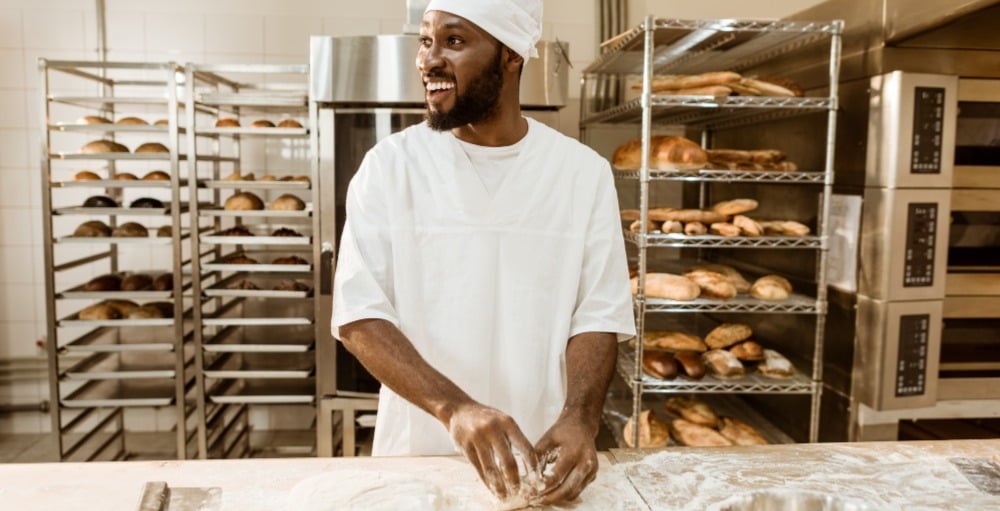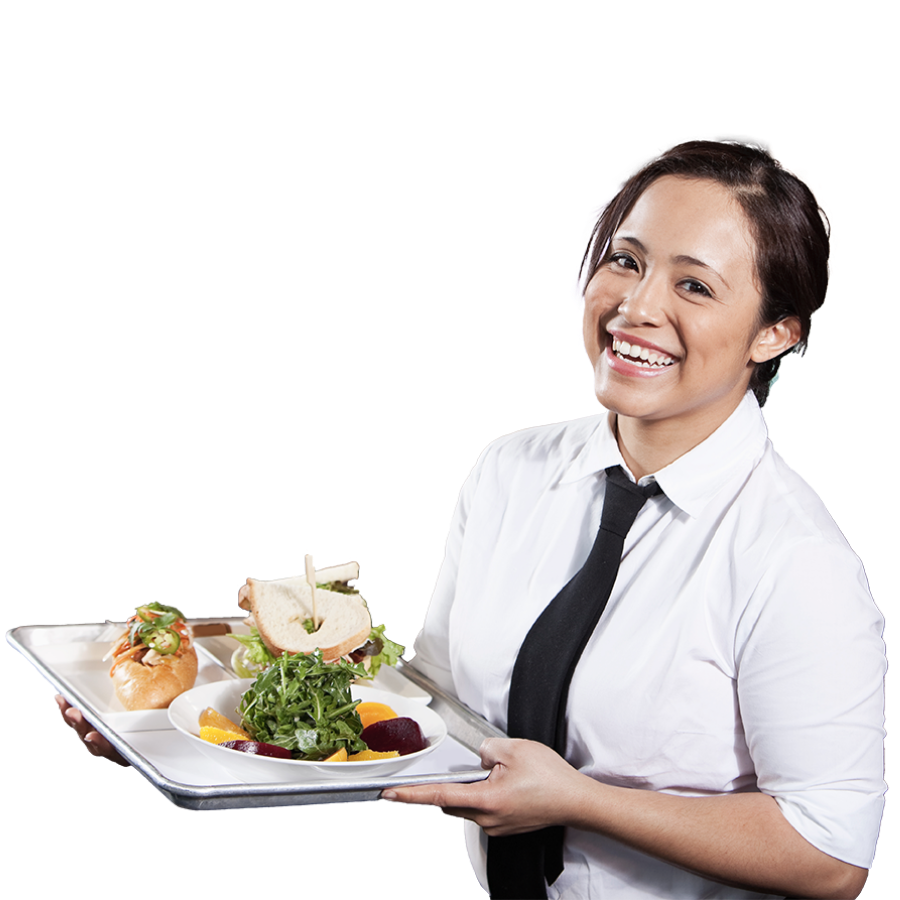In a past post in our ongoing food handler series, we reviewed five of the top “food handler don’ts.” Here, we look at five more.
Whether you’re transporting, preparing or serving food, doing so safely is at the core of what food handler employees are responsible for during every shift. While there are lots of practices that food handlers should develop, there are many habits they shouldn’t.
Here are five top things food handlers should never do. When you’re done reading these, be sure to check out our previous post for five more food handler no-no's.
Don't put your fingers in your mouth
Under no circumstances should you be putting your fingers or fingernails in or near your mouth during your food handling shift, especially if you are in full view of customers. If you do this accidentally, wash your hands thoroughly and immediately.
Don't pick your nose
Along the same lines as not putting your fingers in your mouth, under no circumstances should food handlers be putting their fingers in their nose. Harmful bacteria, including Staphylococcus aureus, live inside your nostrils. Picking your nose and then working with food can spread such bacteria. Furthermore, if a customer were to see you do something so unsanitary, they’d likely walk out and never return to your establishment.
Don't touch jewelry
Wearing jewelry is prohibited in food businesses because of the risk it poses to food safety. Jewelry can harbor dangerous bacteria and can also be a choking hazard if it falls into food. It poses a significant risk for food contamination, posing both a physical and a biological contamination threat if it were to fall into food.
Some exceptions may apply, such as for medical alert jewelry. Check with your employer or local health department to find out if you're allowed to wear certain types of jewelry on the job.
Don't scratch your body, face or clothing
When an itch hits, it can be very, very difficult to resist the urge to scratch it, but doing so means you’re soiling your clean hands with bacteria from other parts of your body. Also, consider again how this may look to a customer if they see it. Any sort of touching, picking or scratching various parts of your body is unhygienic and a complete turn-off for customers.
Don't cough or sneeze into food or your hands
Sometimes, a sneeze can surprise you, so if you absolutely must cough or sneeze while you’re food handling, make sure that you:- Move away from food and sneeze/cough into a bent elbow
- Remove yourself from the sightline of customers – if you can make it to the back-of-house before coughing or sneezing, definitely do so
- Throw out any food that may have been 'in the line of fire'
- Wash your hands thoroughly using the 6-step method
Keeping food safe is the responsibility of every employee, whether you work in the kitchen, on a truck, or in a customer-facing position. Sometimes, especially if you're in a role outside a kitchen, it can be easier to overlook the bad habits above, as well as some others that may seem less obvious.
Here are a few more bad practices that all food handlers should avoid because of the risk to food safety:
- Using the same cloth for the duration of your shift without reapplying sanitiser
- Touching the draft beer spout to the glass when pouring a pint of beer (bartenders and barbacks, this one is especially important for you)
- Gripping used glassware by the inside of the glass with your fingers
- Pulling glassware out of a commercial dishwasher before it’s gone through a full rinse cycle
Food handler training is the best way to educate yourself in food safety practices, including proper hygiene, how to prevent contamination, and how to prevent foodborne illness outbreaks. If you’re a food handler yourself, you manage a team of food handlers, or own a food business, having a thorough knowledge of safe food handling practices will ensure you’re keeping your customers safe and protecting your business from food safety incidents and their consequences, which can include lawsuits, shut-downs by local health departments, and loss of business altogether.
For more on Userve’s business solutions, contact our business advisors today. To learn about the Food Handler Training Course available in your state, visit our course page by clicking on the link below.

